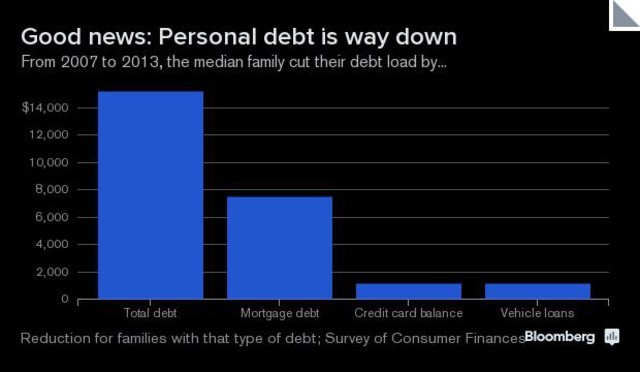New Post Recession Rules Has It Changed The Way We Do Business
Post on: 16 Март, 2015 No Comment

I have talked a lot in my articles and recent webinar about embracing change to be profitable in this post recession economy. If I were in your shoes I would be asking, why should I have to change when I have been doing this successfully for 30 odd years? Well, when somebody changes the rules you most likely don’t have a choice but to find a new way to play the game to win. Read more.
Change is defined in the Webster Dictionary as — to be altered; to undergo variation; to be partially or wholly transformed; to begin a new revolution, or to pass from one phase to another. If I did not know better I would spell change — FINANCIAL RECESSION. Let’s look at a few examples of how the money flow has changed the way we do business.
The first example is somewhat unrelated, but demonstrates how the old way of doing business is no longer effective. From when I first started working, we were taught the rule of 7, which meant that your investment in RRSP’s would double over a 7 year period. You have also probably heard of the rule of 72, which is a way of calculating the time it will take to double your investment based on an interest rate of return.
Now I don’t know about you, but after four years of my investment broker having the use of my retirement funds, I have just broken even. Of course the investment houses say that is because the recession was an anomaly and everyone lost a lot of money. If that is the case, why do they keep telling us that since the 1960’s the average return is still, for example, 9% per annum. That may be true, but the recession in my opinion has changed all that so you can no longer apply those rules of return. We are supposed to be out of the recession now, but I am still on the negative side of growth this year. What people fail to realize is that this was a financial recession, not economic and that has changed all the rules.
What does this mean? In my opinion if investment brokers want to continue to have the use of our money they have to be able to guarantee a reasonable return. They can no longer count solely on the growth of the stock market to provide their customers with a return on their investment. In short, they need a new approach.
How does this relate to our industry? One of the rules that changed is the way your inventory finance company calculates your monthly interest on floor plan inventory. For 30 plus years interest was calculated on the Canadian Bank Prime Interest Rate + a set percentage. This was based on a reasonably static spread between the borrowing rate of the finance company and Prime Interest Rate. If they did not make this change after the recession there would be no more finance companies operating in Canada, if not North America. The problem is — do you know what your interest rate is and how it affects your business?

Another rule that I see has changed, is that dealer profitability has always been based on the number of units they book and sell each year. While volume is important, it can no longer be trusted as your sole guide to profitability. What’s changed is dealers are down 20%, 30% and even 40% in unit sales annually over the last 3 years. We all expect down years but if the recession has dictated a new level of sales than you have to change your approach to your business.
Although not directly related to the recession, let’s not forget succession planning. The industry is aging, which means dealers need to have a succession plan in place for their future. If the rules have changed how do we achieve this?
In my opinion this boils down to two words Financial Management. This is a business philosophy that should not only be promoted within your dealership, but by your OEM’s and Finance Companies. The only way to move forward is through strong dealerships and the only way that can happen is through dealers that prepare monthly financial performance analysis and full financial business plans annually.
Growth comes through profit and profit comes from understanding and planning every aspect of your business, not just the number of units you are going to sell. If you want to know more about how to incorporate a Financial Management business philosophy into your operation, contact me!














